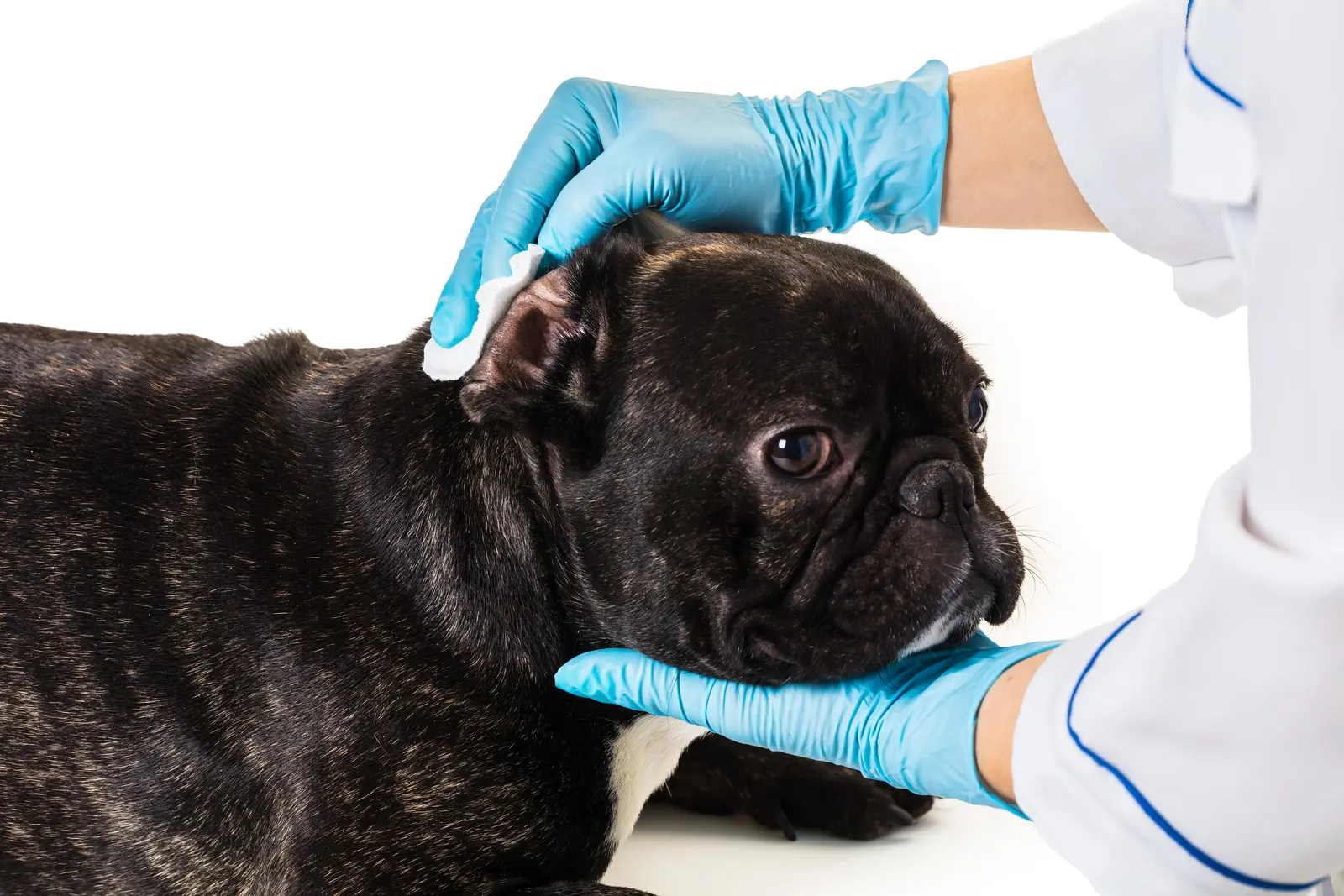
Managing Chronic Health Conditions in Senior Bulldogs
Managing Chronic Health Conditions in Senior Bulldogs
As bulldogs age, they are more prone to chronic health conditions that require diligent management to ensure a good quality of life. Understanding and addressing these health issues can help your senior bulldog live comfortably and happily. Here’s a comprehensive guide on managing chronic health conditions in senior bulldogs.
Common Chronic Health Conditions in Senior Bulldogs
Senior bulldogs often face several chronic health conditions:
- Arthritis: Inflammation of the joints causing pain and stiffness.
- Hip Dysplasia: Abnormal formation of the hip socket leading to arthritis.
- Heart Disease: Conditions such as congestive heart failure or cardiomyopathy.
- Hypothyroidism: Underactive thyroid gland leading to metabolic issues.
- Obesity: Excess weight that can exacerbate other health problems.
Identifying Chronic Health Conditions
Early identification of chronic health conditions is crucial for effective management:
-
Regular Veterinary Check-ups:
- Schedule regular check-ups to monitor your bulldog’s health and catch early signs of chronic conditions.
- Blood tests, x-rays, and ultrasounds can help diagnose conditions like arthritis, heart disease, and hypothyroidism.
-
Observing Symptoms:
- Keep an eye out for symptoms such as limping, lethargy, coughing, weight gain, or changes in appetite.
- Note any behavioral changes, such as increased irritability or withdrawal, which can indicate discomfort or pain.
Managing Arthritis and Joint Issues
Arthritis and joint issues are common in senior bulldogs and require a comprehensive management plan:
-
Joint Supplements:
- Glucosamine and chondroitin supplements can help reduce inflammation and improve joint health.
-
Pain Management:
- Nonsteroidal anti-inflammatory drugs (NSAIDs) prescribed by your vet can help manage pain.
- Alternative therapies such as acupuncture or laser therapy may provide relief.
-
Weight Management:
- Maintain a healthy weight to reduce stress on the joints. Consult your vet for a suitable diet plan.
-
Physical Therapy:
- Regular, gentle exercise and physical therapy can help maintain mobility and muscle strength.
- Hydrotherapy is particularly beneficial for joint issues, as it reduces stress on the joints while allowing for effective exercise.
Managing Heart Disease
Heart disease requires careful monitoring and specific treatments:
-
Medications:
- Medications such as ACE inhibitors, beta-blockers, and diuretics can help manage heart disease.
- Follow your vet’s prescription plan carefully and monitor for side effects.
-
Diet and Nutrition:
- A low-sodium diet can help manage heart disease by reducing fluid retention.
- Consult your vet for recommended heart-healthy foods and supplements.
-
Regular Exercise:
- Moderate exercise can help maintain heart health, but avoid overexertion. Short, frequent walks are ideal.
Managing Hypothyroidism
Hypothyroidism affects the metabolism and requires lifelong management:
-
Thyroid Hormone Replacement:
- Daily administration of thyroid hormone replacement medication is necessary to manage hypothyroidism.
- Regular blood tests are needed to monitor thyroid levels and adjust medication dosages.
-
Balanced Diet:
- Provide a balanced diet to support overall health and manage weight.
- Avoid foods that can interfere with thyroid function, such as those high in soy.
Managing Obesity
Obesity exacerbates many health conditions and must be carefully managed:
-
Portion Control:
- Measure food portions accurately and avoid overfeeding. Use a feeding schedule to manage meal times.
-
Healthy Diet:
- Choose a high-quality, balanced diet that is appropriate for senior dogs. Avoid high-calorie treats and table scraps.
-
Regular Exercise:
- Incorporate regular exercise into your bulldog’s routine. Even light activities like short walks and gentle play can help manage weight.
Monitoring and Regular Care
Ongoing monitoring and care are essential for managing chronic health conditions:
-
Keep a Health Journal:
- Track your bulldog’s symptoms, medications, and dietary habits to identify any changes or trends.
-
Follow-Up Appointments:
- Schedule regular follow-up appointments with your vet to adjust treatment plans as needed.
-
Stay Informed:
- Educate yourself about your bulldog’s conditions and stay updated on new treatments and management strategies.
Conclusion
Managing chronic health conditions in senior bulldogs requires a proactive and comprehensive approach. Regular veterinary check-ups, proper medication, a balanced diet, and appropriate exercise can help manage these conditions effectively. By staying vigilant and providing the necessary care, you can ensure your senior bulldog enjoys a comfortable and happy life.
Note: Always consult with your veterinarian for specific advice and recommendations regarding your bulldog’s health conditions and treatment plans.
Useful Resources
- Bulldog Club of America: https://bulldogclubofamerica.org/
- Managing Chronic Health Conditions in Dogs
Definition of Terms
- Arthritis
- Inflammation of the joints causing pain and stiffness.
- Hypothyroidism
A condition where the thyroid gland is underactive, leading to metabolic issues.
Chronic Health Condition Management Checklist for Senior Bulldogs
| Task | Frequency |
|---|---|
| Veterinary Check-ups | Twice a Year |
| Blood Tests | As Recommended by Vet |
| Medication Administration | Daily |
| Diet Adjustment | As Needed |
| Exercise Routine | Daily, Moderate Activity |
| Item | Quantity | Notes |
|---|---|---|
| Joint Supplements | Supply | Glucosamine and Chondroitin |
| Heart Medications | As Prescribed | Follow Vet’s Instructions |
| Low-Sodium Dog Food | Supply | For Heart Health |
| Thyroid Medication | Supply | Daily Administration |